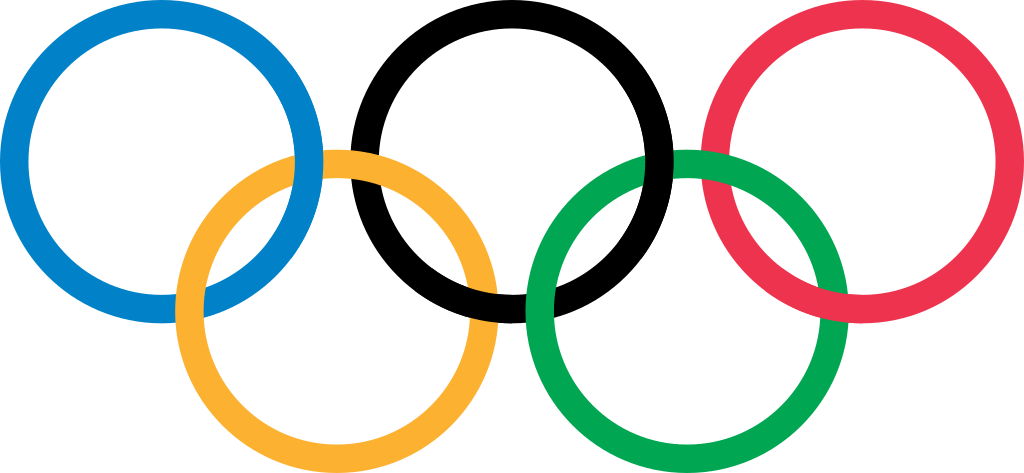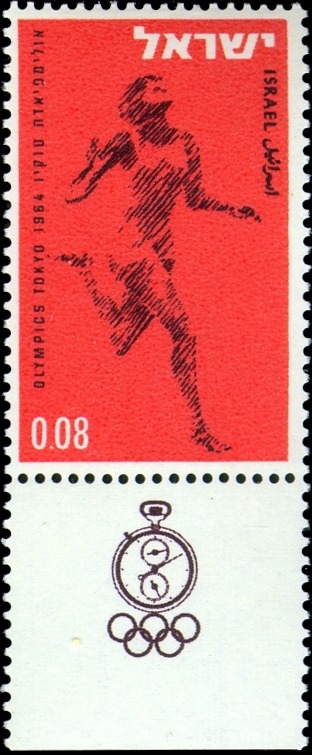Israel has made significant strides in technology but isn’t exactly known in the field of sports. However, Israel has made its citizens proud with spectacular athletic feats in the last few years, especially in the recently concluded 2020 Summer Olympics in Tokyo, Japan.
Israel’s Olympic history has its share of tough challenges and glorious victories. However, it was also tainted by a grim tragedy that the rest of the world – not only the sporting world – should never, ever forget, and not let happen again.
The Olympic Committee of Israel (OCI)
Israel first competed at the Olympics as a nation in 1952, only four years after its independence.
But Israel’s Olympic committee, the Olympic Committee of Israel (OCI), was established when it was then part of Mandatory Palestine. The committee, named the Palestine National Olympic Committee, was established in 1933. A year later, it was recognized by the International Olympic Committee, despite never having competed yet.
Although the Palestine Olympic Committee represented Jews, Muslims, and Christians living in Mandatory Palestine, its rules specified that it “represented the Jewish National Home.” The committee was exclusively under the control of Maccabi, a Jewish international sports organization, and oversaw Maccabi-affiliated clubs only. Other Jewish sports organizations, such as the Hapoel, and other non-Jewish sports organizations never participated.
Jewish athletes in Mandatory Palestine were formally invited to participate in the 1936 Summer Olympics in Berlin, Germany. But quite understandably, they declined the invitation to attend the Games in Nazi-era Germany.
After the State of Israel was established in 1948, it requested to participate in the 1948 London Olympics. However, it was denied as the newly formed nation wasn’t yet recognized by the IOC.
In 1951, the OCI reorganized under the joint leadership of the two largest sports organizations in Israel, the Maccabi and the Hapoel. During OCI’s early years, it was served by two presidents, one from each organization. This arrangement continued until 1967, when the OCI established a new rule that it would be headed by one president only, and it has adhered to this rule since.
Israel became an IOC member just in time for its official debut in the 1952 Summer Olympics in Helsinki. Since then, Israel has sent its delegations to the Summer Olympics (except the 1980 Moscow Olympics) and the Winter Olympics since 1994.
Israel was a former member of the Olympic Council of Asia (OCA). But due to the pressure from the Arab nations as a result of the Arab-Israeli conflict, it was excluded from the OCA. Israel has been a member of the European Olympic Committee (EOC) since 1994.
Israel has also participated in the Summer Youth Olympics and Winter Youth Olympics.
The 1972 Munich massacre
The attack in the 1972 Summer Olympics in Munich saw the 11 members of the Israeli Olympic delegation murdered by the Palestinian terrorist group Black September.
The Palestinian terrorists killed the two Israeli victims in the Olympic Village, then took the other nine as hostages as they demanded the release of 234 Palestinians and two prominent West German leftist militants. After a botched attempt by the West German security forces to rescue the nine hostages, the Palestinian terrorists turned their weapons on the Israelis, killing them all.
Two days before the opening of the 2016 Summer Olympics in Rio de Janeiro, Brazil, the IOC held a ceremony to remember and honor the 11 Israelis and one West German police officer killed at Munich. In the 2020 Tokyo Olympics, a minute of silence was observed during the opening ceremony.
Israel’s performance in the Summer Olympics
So far, Israel has won three gold medals, one silver medal, and nine bronze medals in its 68-year participation in the Olympics.
In 1980, Israel opted not to participate in the 1980 Summer Olympics in Moscow when it supported the United States boycott of the Games as a protest of the Soviet Union’s invasion of Afghanistan. Other 68 countries joined the US-led boycott.
It won its first Olympic medal in the 1992 Summer Olympics in Barcelona when Yael Arad won the silver medal in judo. Her success in the Olympics helped bring judo into the athletic mainstream in Israel.
Israel won its first-ever Olympic gold medal in the 2004 Summer Olympics in Athens, courtesy of windsurfer Gal Fridman in men’s mistral one design. Fridman previously won a bronze medal in the same category in the 1996 Summer Olympics in Atlanta, Georgia, USA. For this reason, Fridman was the first Israeli athlete to have won two Olympic medals.
The 2020 Summer Olympics in Tokyo was postponed due to Covid-19 outbreak; instead, it was re-scheduled for July-August 2021. For this event, Israel sent a contingent of 90 athletes, its largest Olympic delegation to date. It also became Israel’s most successful Olympic campaign yet, winning two gold and two bronze medals – a record number of medals won by the country in any Olympic event.
The two gold medals were won by artistic gymnast Artem Dolgopyat (in the men’s floor exercise) and rhythmic gymnast Linoy Ashram (in the women’s rhythmic individual all-around event). In addition, taekwondo athlete Avishag Semberg won the bronze medal in the women’s 49-kg category, and Israel’s national judo team won another bronze medal in the mixed team event.
With Israel’s best Olympic performance yet, we are sure that its spectacular success in Tokyo will inspire our athletes to outdo themselves in the next 2024 Summer Olympics in Paris. We wish them all the best!

